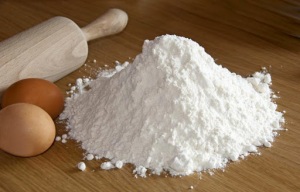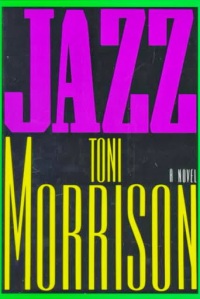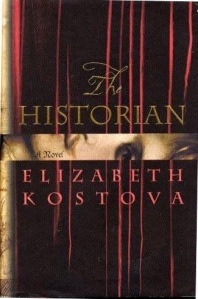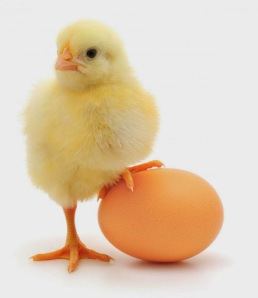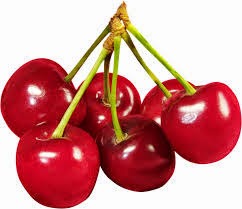The problem is that I don't read much fantasy and sci-fi to find authors who manage what I'm looking for. Wait, that is authors outside of the urban fantasy sub-genre–which combines a lot of real-world mechanics with fantasy and supernatural constructs. And maybe there’s a reason why I don't pick up much fantasy and sci-fi. That reason would most likely come down to the level of exposition needed to build a world. Example: take Kim Harrison's Cincinnati-based urban fantasy Hollows series in contrast to a 500 page high fantasy novel written by Mercedes Lackey. Oh, yeah. There is a serious difference in levels of necessary exposition required to build between each of these authors and their individual worlds. And that’s where I always take issue, after having picked up my first high fantasy novel by Lackey, By the Sword, when I was fourteen. At the time I remember thinking how this was it; a big, sweeping fantasy novel in my hands. A woman with a sword and a horse and adventures abound. Until I got burned by the level of attention required to understand exactly what was happening to this woman, her horse, and her adventures.
Now, granted I was fourteen and still discovering myself in my Animorphs books, before and throughout high school. And as I said before, if there's one fantasy book that I love more than anything, it's T. A. Barron's The Ancient One. So I was a little (I stress "little") in the range of Lacky at the time, and it wasn't unusual for a teen to pick up an adult fantasy novel and read it cover to back. Nonetheless, like a phantom pain, I never quite got over how demanding By the Sword was. Subsequently, turning me away from many high fantasy and hard science sci-fi books throughout the years.
The point I'm trying to make in this post is that–while I love fantasy novels–the truth is that I can’t always take on the commitment required to digest the world-building properly. And much of that world-building shows up in exposition. But seriously, after the toe-dipping in Gladstone, I've come to the conclusion that I (and many others who tend to pass high fantasy and sci-fi) just have to find those who write with a good balance of exposition throughout the storytelling to keep us hanging on.
So I kind of think of exposition like making a taco casserole come out right. Put too much taco seasoning in the mix and it becomes a bad explosion of flavor-override (and a hiked sodium intake). Too much flavor kills the whole dish. However, put too little taco seasoning and you'll have a bland casserole without any special flavor to give it that Mexican kick. So yeah, I’ll relate that analogy to how using exposition in fantasy and sci-fi books takes a careful balancing act. But basically, the “taco seasoning” is the information an author gives his or her reader regarding the make-up (or world-building) of their story. If you put too much “taco seasoning” in, you can’t get the information together, as it’s overloading you while muddling the story. And if you add too little “taco seasoning,” you can’t seem to gather a sense of order to the events taking place within the story. And that’s what I find holds me back from these two genres. Either I'm overwhelmed with information, or underwhelmed (mainly overwhelmed concerning the context of this post). The end result consist of me ditching the book and moving on to something a little less of a reading tribulation.
Accomplishing that exposition balance in fantasy and sci-fi novels has to be uniquely hard because those stories take place in worlds unfamiliar and beyond our own. So not only is an author responsible for teaching the operations and rules of his or her world, but also the characters have to be given fuel and life to push the reader along. I suppose the secret is to give the reader all of this information carefully. And gradually. And with the use of suggestions like crumbs of information guiding them along the way. That’s why I'm going to try to break out of my so-so stumpy summer reading slump by diving back into Mercedes Lackey’s By the Sword. Like I said, it kind of broke me from fantasy as an unprepared teen. Now, seventeen years later, I think I can finally, finally do this. I’m going to take my time. Wish me luck!
Are there any genres you often find yourself avoiding? Was there a book that put you in the position to avoid it? Share your thoughts below!






